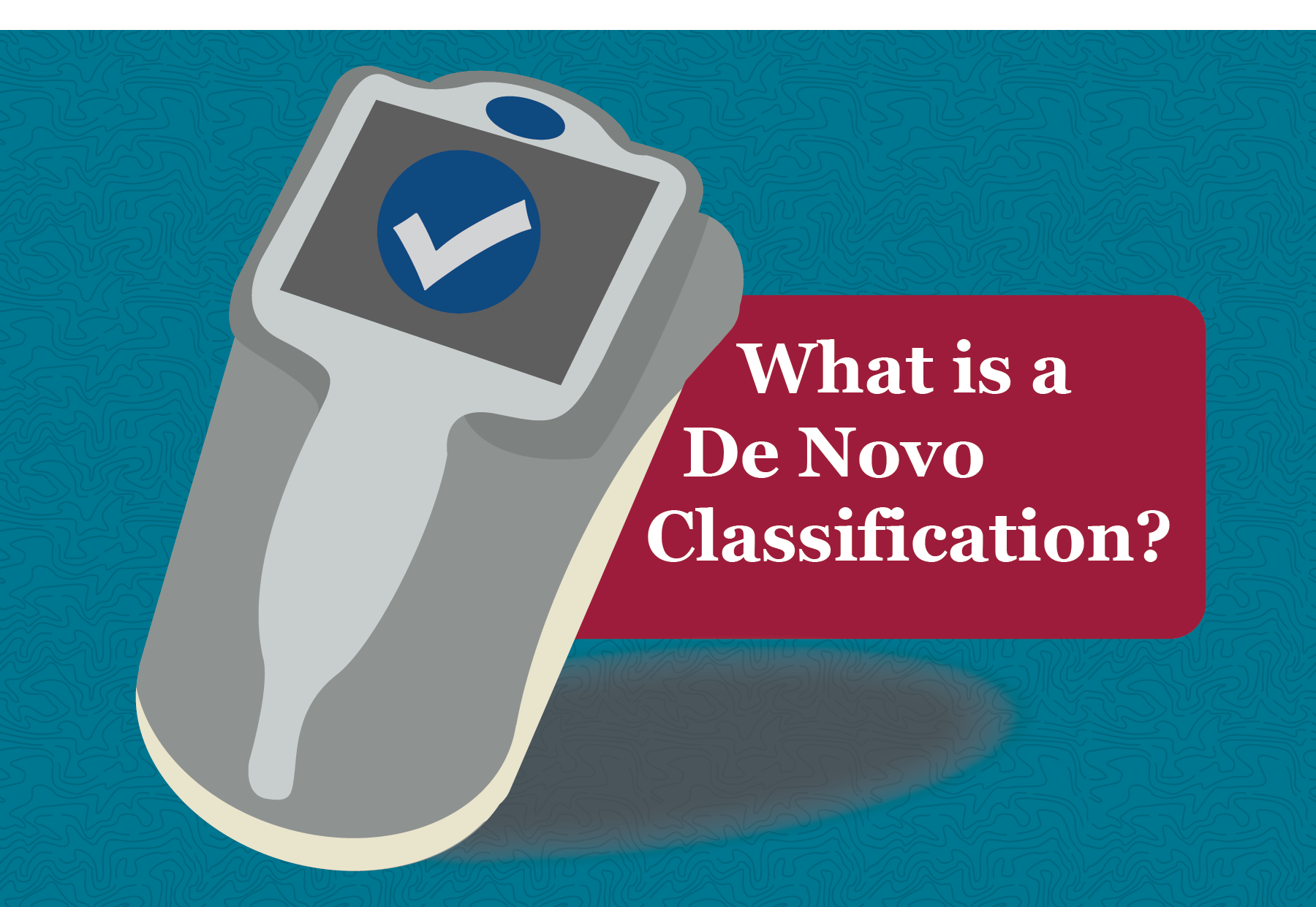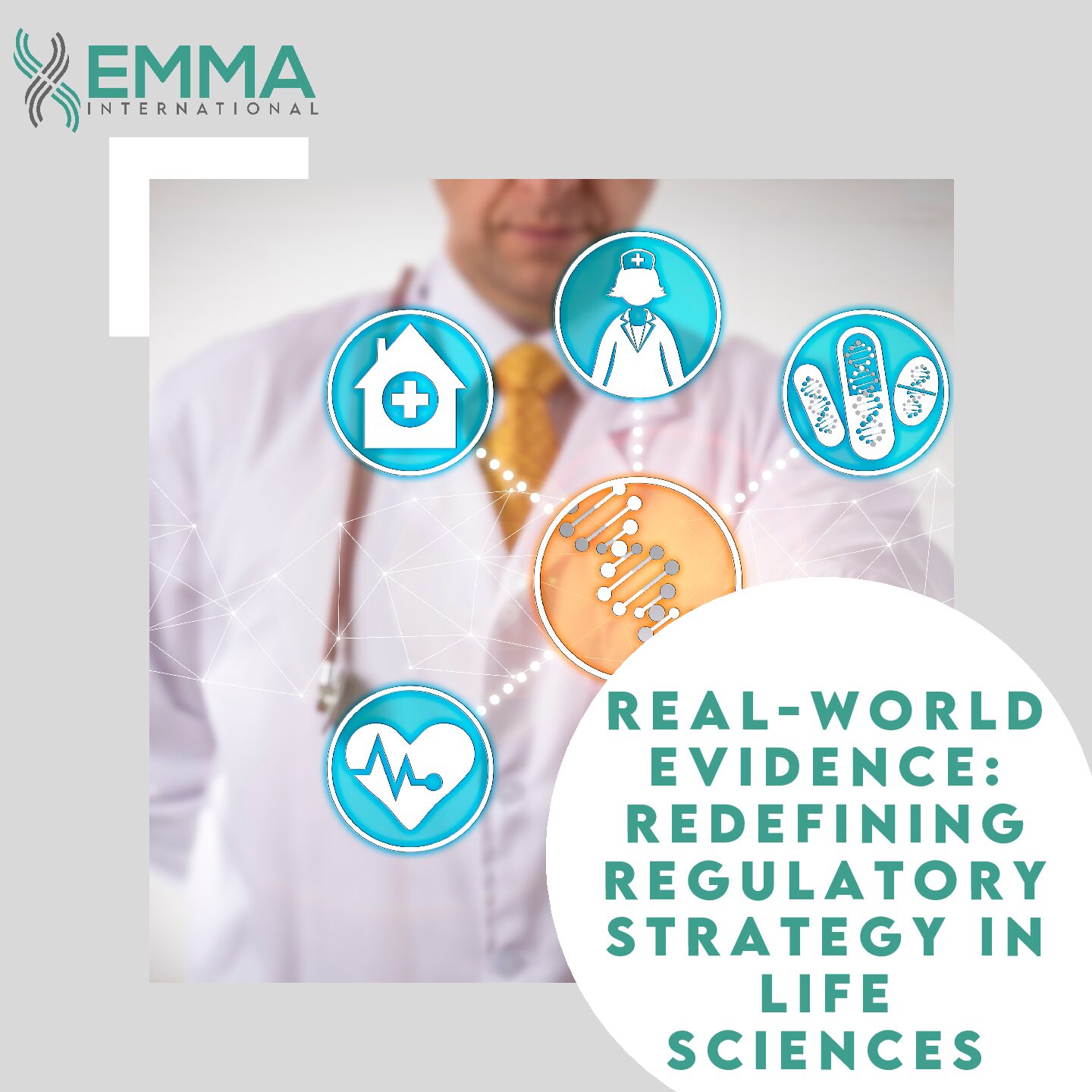Do you have a low to moderate risk medical device that does not have a substantially equivalent predicate device? Are you trying to figure out how to navigate the regulatory pathway for marketing your device? Prior to 1997, with the introduction of the FDA’s Modernization Act (FDAMA), if you answered yes to both questions, your device would automatically be considered a “new device” and be classified as a Class III device regardless of risk. With the FDAMA in 1997, the FDA recognized the need for a more risk-based approach to classifying novel devices, hence the De Novo classification process was established. Originally, the process was not very efficient and included submitting a 510(k), waiting for the FDA to issue its “not substantially equivalent” (NSE) decision for your device, subsequently submitting a de novo request, then waiting for another FDA decision. In 2012, with the FDA Safety and Innovation Act (FDASIA), the FDA streamlined the process and allowed an alternative pathway for new devices that did not require a 510(k) submission prior to a de novo request.1 So, what exactly is the process now? There are two pathways for the submission process: a 510(k) submission, or a direct de novo submission.
- If you believe you have a satisfactory predicate device, you will submit a 510(k) as normal. At that point, the FDA may come back with an NSE finding and they may indicate a non-binding suggestion that the device may be an appropriate de novo candidate. At that point, the sponsor will submit a de novo application which involves additional evidence to device safety and effectiveness or additional testing. The de novo application will also designate any risks to health, relevant mitigations, rationale for why the device doesn’t fit into an existing regulation, and special controls if being grouped into Class II.
- If you believe you don’t have a suitable predicate device based on your own assessment and you believe the device may be Class I or Class II, you can submit a direct De Novo application. A device sponsor can directly submit a De Novo application which is the same application outlined in step #1, you can just elect to skip submitting a 510(k) first.
After a De Novo decision is granted, the new device is legally marketed and subject to all applicable post-market requirements. The new device also establishes a new classification regulation which can serve as a predicate for future devices, and the FDA will publish an order announcing the new classification and a decision summary that is publicly available.2
There has been a steady increase in the number of granted De Novo requests and the FDA reported a record of 44 De Novos granted in 2018.3 Two cases that attracted a lot of interest from the medical device community were Apple’s De Novo classification requests in September 2018. The software giant was granted De Novo classification for two apps on the Apple Watch that help identify irregular heart rhythms.4
Need help navigating the FDA for your device? EMMA International can help. Contact us at 248-987-4497 or email info@emmainternational.com.
1 Mallis (Nov 2014) De Novo Program retrieved on 09/16/2019 from https://www.fda.gov/files/about%20fda/published/CDRH-Learn—De-Novo-Program.pdf
2 FDA (Sep 2019) De Novo Classification Request retrieved on 09/16/2019 from https://www.fda.gov/medical-devices/premarket-submissions/de-novo-classification-request
3 Mulero (April 2019) FDA’s De Novo Program Gains Momentum retrieved on 09/16/2019 from https://www.raps.org/news-and-articles/news-articles/2019/4/fdas-de-novo-program-gains-momentum
4 Mulero (September 2018) Apple Sets the Stage for FDA Regulation on Two Types of AFib Mobile Medical Apps retrieved on 09/16/2019 from https://www.raps.org/news-and-articles/news-articles/2018/9/apple-sets-the-stage-for-fda-regulation-on-two-typ





